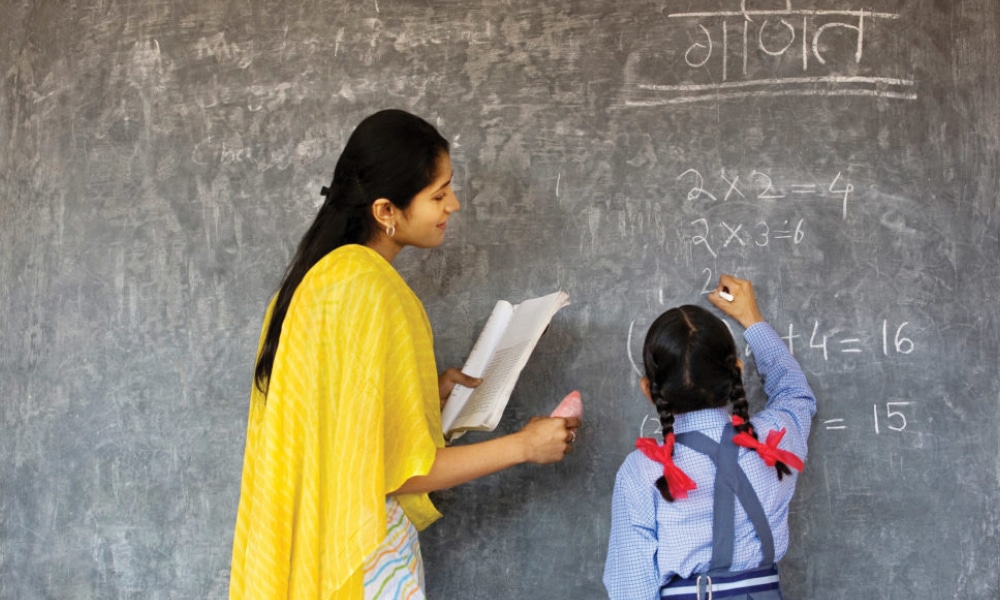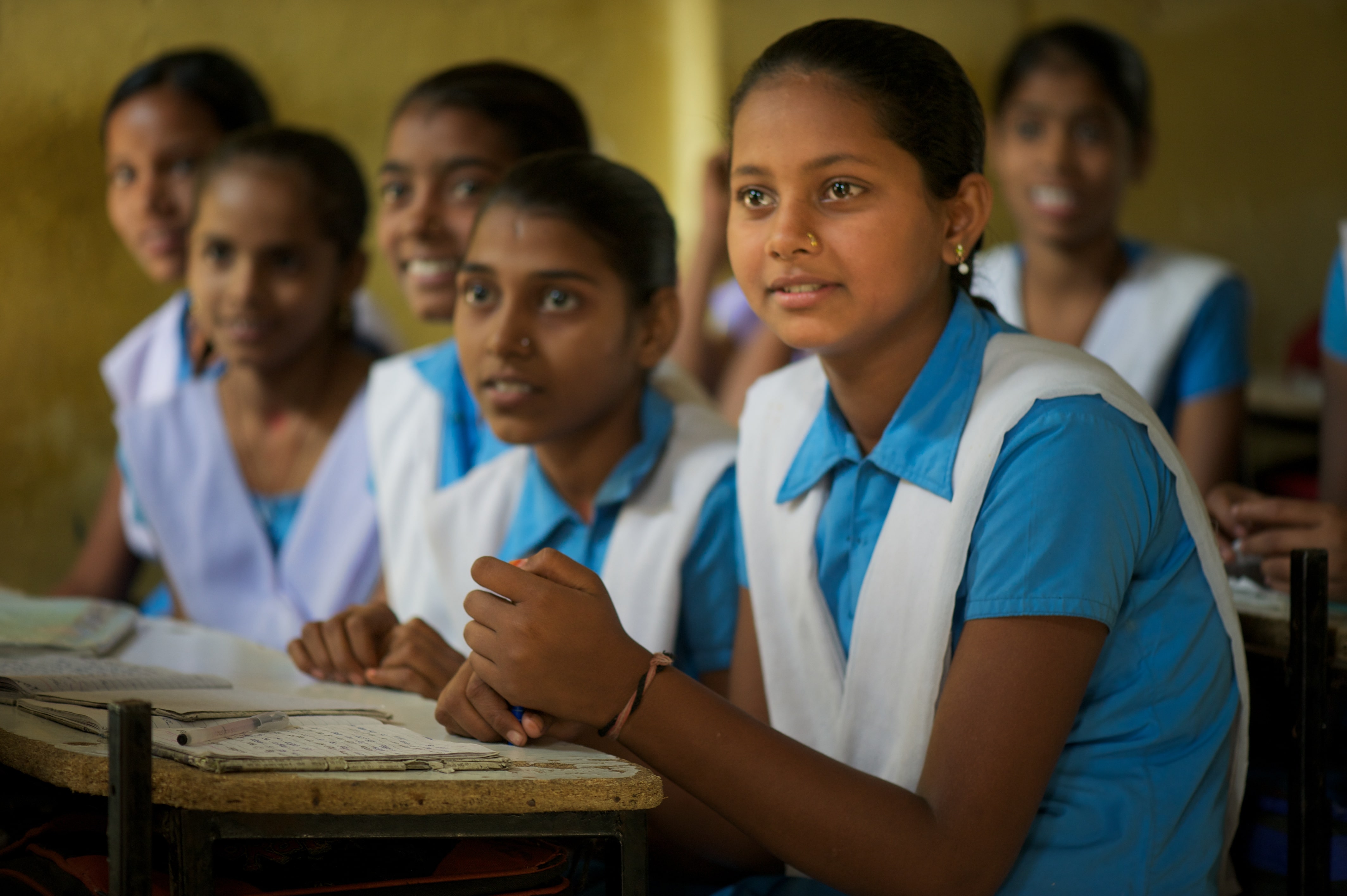“It is not useful when the quality is going down. That is a waste of resources. Quality is when you enter the labour market and you are able to deliver or contribute to the country's economic development,” Bregman noted.
“We cannot compromise quality for quantity. If we are producing more graduates, why should they be of bad quality?”
Bregman was addressing African education journalists ahead of the eighth Binnale of Education for Africa that opened in Maputo, Mozambique.
Bregman regretted that while secondary school graduates in the developed countries were able to perform well in the labour market, it was not the case in Africa.
He said there was need to review the school curricula to ensure that it incorporates relevant skills and vocational training.
Koichiro Matsuura, the director general of the United Nations Educational, Scientific and Cultural Organisation, called on governments to address inequalities in education.
“Quality remains a major concern in particular with regard to qualified teachers,” he said.
Africa has made major strides in providing universal education since the 1990s. Between 1999 and 2005, primary school enrollment increased by 36% to 29m but the success is dogged by high dropout rates.
Sub-Saharan Africa accounts for 45% of about 33m of the 72 million children out of school in the world. More than half (54%) of these are girls.






















